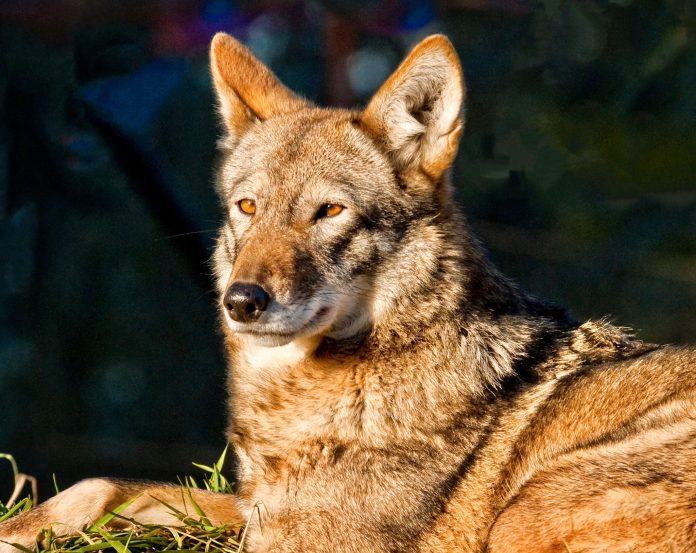
$2 Million Offered For Wildlife Crossings To Protect Endangered Red Wolves; Fewer Than 25 Remain In The Wild
By WAN
You can help all animals and our planet by choosing compassion on your plate and in your glass. #GoVeg
RELATED ARTICLES
Pressure Mounts For Arizona To Ban Dog Pack Hunting Of Mountain Lions, Bears & Other Critical Species
Conservation groups have submitted a petition to the Arizona Game and Fish Commission urging a ban on the use of dog packs for hunting...
Help Save Millions Of Lives This Holiday By Choosing Compassion On Your Plate; Adopt A Turkey Today!
As Thanksgiving approaches, we hope you enjoy a warm and safe holiday. We encourage you to make a compassionate choice by leaving animals off...
Giraffes Are One Step Closer To Receiving Vital Endangered Species Act Protections
In response to a petition and subsequent lawsuit by conservation and animal protection organizations, the U.S. Fish and Wildlife Service (USFWS) has proposed listing...
Popular stories
News
Nearly 16,000 Sheep Drown In The Red Sea After Ship Capsizes & Sinks In Sudan During Live Export
Another live export tragedy occurred over the weekend when a ship carrying close to 16,000 sheep, approximately 6,000 more than the vessel was equipped...
News
Dida, Africa’s Largest Female Big Tusker Has Sadly Passed Away Of Old Age In Kenya
Photo Credit: Nick Haller
Heartbreaking news from Kenya as WAN learns that Dida, who was believed to be the oldest female big tusker in Africa,...
Industry News
Victory! A Second City In Mainland China Bans The Consumption Of Dogs, Cats, and Wildlife, Giving Hope That More Cities In China Will Follow...
Photos By: Humane Society International
The city of Zhuhai in Guangdong province, has become the second city in mainland China to ban the consumption of...


